The Paris 2024 Olympics, scheduled from July 26 to August 11, promise a historic celebration of sport and culture. As Paris prepares to host the Summer Games for the third time, exactly 100 years after the 1924 Olympics, this edition is set to be a remarkable blend of tradition, innovation, and global unity. With a strong emphasis on sustainability, inclusivity, and the celebration of human excellence, the Paris 2024 Olympics aim to be a defining moment in the history of international sports.
The Legacy of Paris as an Olympic Host
Paris first hosted the Olympics in 1900, and then again in 1924. The city has a rich Olympic heritage, and the 2024 Games will build upon this legacy while introducing new elements that reflect the modern world. The centennial anniversary adds a layer of historical significance, with Paris aiming to honor its past while embracing the future. This balance between tradition and modernity is evident in every aspect of the Paris 2024 planning, from the choice of venues to the inclusion of new sports.
Sporting Events and Competitions
The Paris 2024 Olympics will feature 32 sports, encompassing 329 events. Traditional Olympic sports like athletics, swimming, and gymnastics will continue to be the main attractions, drawing massive global audiences. However, the 2024 Games will also introduce new sports, including skateboarding, sport climbing, and breaking (breakdancing), which aim to engage younger audiences and reflect the evolving nature of global sports culture.
Aquatics: Comprising swimming, diving, water polo, and artistic swimming, aquatics has always been a cornerstone of the Olympic program. In Paris, the aquatics events are expected to deliver some of the most thrilling moments, with athletes like Katie Ledecky and Caeleb Dressel poised to make history.
Athletics: Track and field events remain the centerpiece of the Olympics, showcasing the world's fastest and strongest athletes. The 2024 Games will feature traditional events like the 100m sprint and marathon, alongside newer events like the mixed-gender relay, reflecting the Games' commitment to gender equality.
Team Sports: Basketball, football, rugby, and volleyball will see intense competition as national teams battle for supremacy. The inclusion of mixed-gender events in sports like sailing and triathlon underscores the Games' dedication to promoting inclusivity.
Combat Sports: Judo, wrestling, and boxing will continue to be highly competitive fields, with countries like Japan, Russia, and Cuba traditionally dominating these events.
New Sports and Disciplines: The introduction of skateboarding, surfing, and sport climbing reflects a shift towards more dynamic, youth-oriented sports. These events are expected to bring a fresh energy to the Games and attract new audiences.
Participating Nations and Athletes
The Paris 2024 Olympics will bring together over 10,500 athletes from more than 200 nations. The International Olympic Committee (IOC) has made significant efforts to ensure that the Games are truly global, with athletes from every corner of the world given the opportunity to compete. While traditional powerhouses like the United States, China, Russia, and Great Britain are expected to lead the medal tally, the Games are also a platform for emerging nations to showcase their talents and achieve historic victories.
Medal Tally and Prize Distribution
The Paris 2024 Olympic medals, designed with sustainability in mind, will be awarded in gold, silver, and bronze. The medals symbolize not just victory but also the athletes' dedication and the hard work of their nations. Beyond the medals, athletes will receive various prizes from their respective national Olympic committees, including monetary rewards, endorsements, and scholarships. These incentives play a crucial role in supporting athletes' careers and promoting sports at the grassroots level.
Innovations and Sustainability
Paris 2024 is being hailed as the most sustainable Olympics in history. The organizers have committed to a carbon-neutral Games, with numerous initiatives designed to minimize environmental impact. Key aspects of this sustainability plan include:
Carbon Offsetting: The organizers have launched several green projects to offset the carbon emissions generated by the Games.
Recycled Materials: The construction of venues and infrastructure has made extensive use of recycled materials, reducing waste and promoting a circular economy.
Public Transport: Spectators and participants are encouraged to use public transportation, further reducing the carbon footprint of the Games.
Cultural Celebration
In addition to the sports, the Paris 2024 Olympics will be a celebration of French culture and arts. The opening ceremony, set to take place along the Seine River, will be a historic event, featuring 160 boats carrying athletes and dignitaries. This unique setting underscores the Games' commitment to innovation and inclusivity. Throughout the Games, Paris will host numerous cultural events, exhibitions, and performances, showcasing the city's rich artistic heritage and engaging both locals and international visitors.
Challenges and Controversies
No global event of this scale is without its challenges. The Paris 2024 Olympics have had to navigate several issues, including:
COVID-19: Although the pandemic is no longer as severe as it once was, the organizers have had to implement strict health protocols to ensure the safety of athletes and spectators.
Political Issues: Some participating countries have faced internal political challenges, which could impact their performance or even their participation in the Games.
Environmental Concerns: While the Games are being lauded for their sustainability efforts, there are concerns about the long-term environmental impact of the event, particularly in terms of waste management and energy consumption.
A Call to Unity and Reflection
The Paris 2024 Olympics are more than just a sporting event; they are a global gathering that transcends borders and brings people together in the spirit of competition, friendship, and peace. As we look forward to the Games, it's important to reflect on the broader significance of this event. The Olympics remind us of the power of sport to unite people, celebrate diversity, and inspire positive change.
In a time when the world is facing many problems, such as climate change and political disputes, the Paris 2024 Olympics shine a light of hope and serve as a reminder of what people can achieve when they join forces. The impact of these Games will not only be seen in the number of medals won, but also in how they inspire future generations to work hard, be inclusive, and strive for a better, more connected world.
Ultimately, the Paris 2024 Olympics are set to be a significant moment in the history of global sports, leaving a legacy that extends far beyond the competition itself. As we count down to the Games, let's all embrace the Olympic ideals and look ahead to a future where respect, fairness, and togetherness guide us in all that we do.



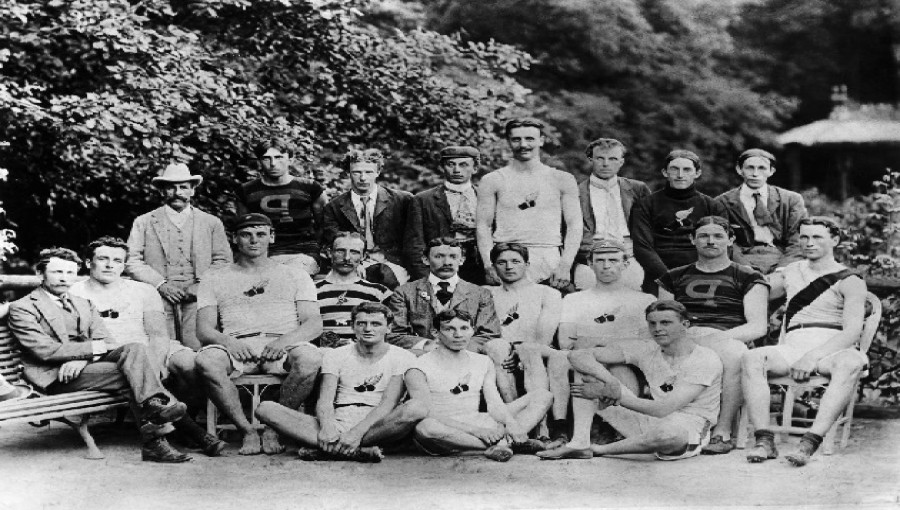






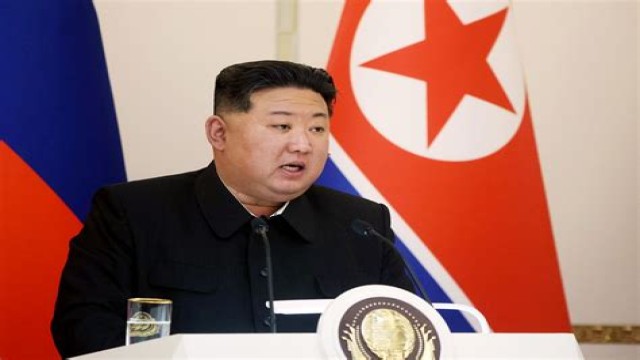














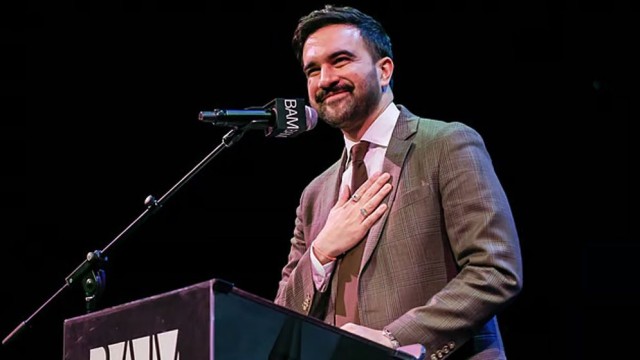

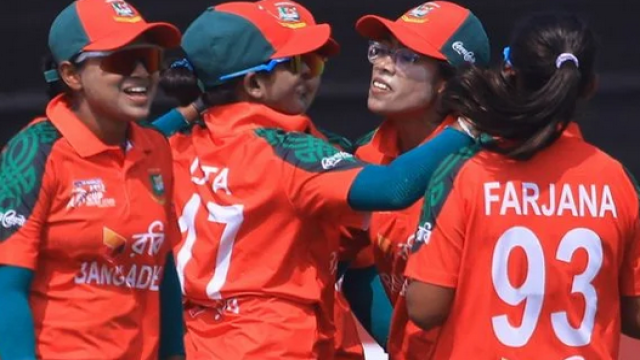

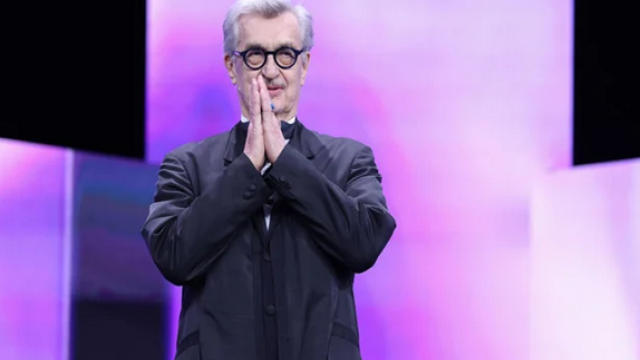

Comment: